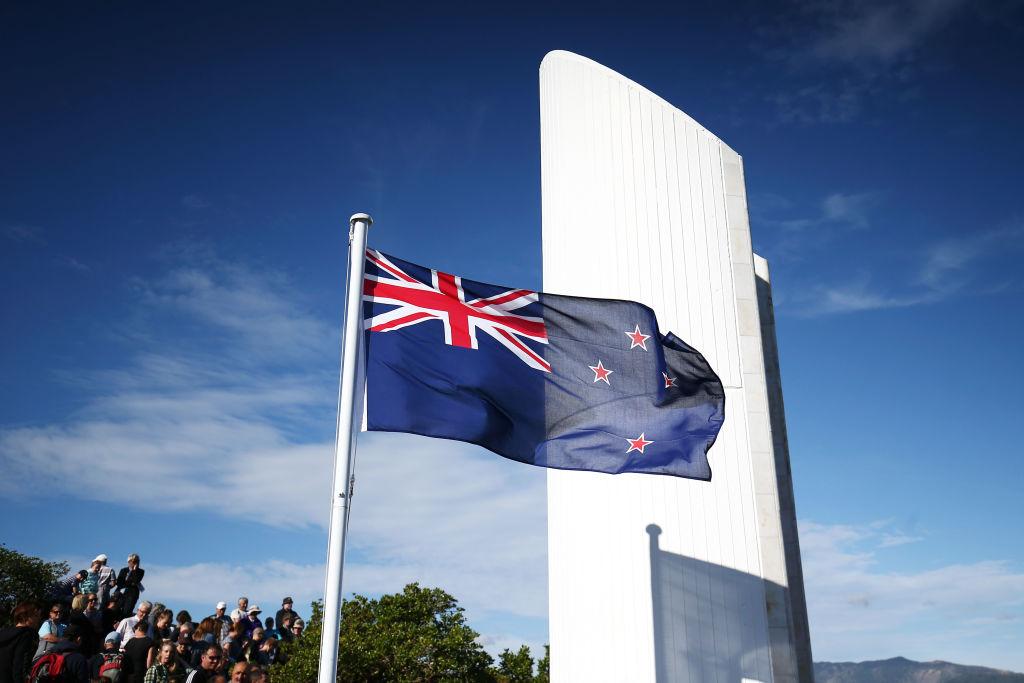New Zealand will send its HMNZS Canterbury, with two helicopters and crew, to the Solomon Islands ahead of the small Pacific nations’ national elections next month.
The ship left on March 26 and is part of a NZ$10.8 million (US$6.48 million) support programme for the Solomon Islands Electoral Commission announced in January.





